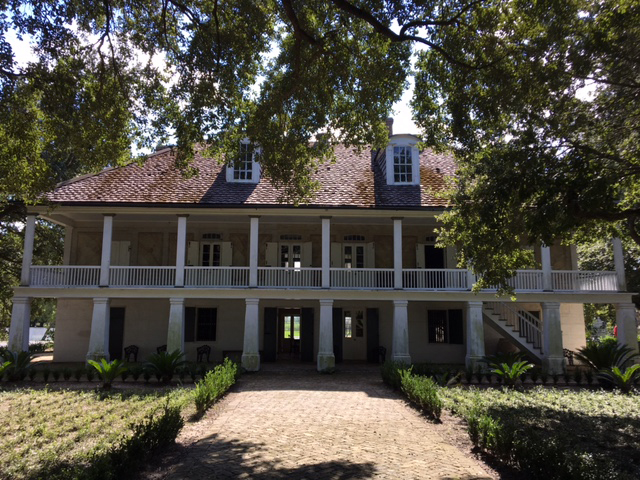Whitney Plantation In Louisiana Helps Put Slavery Into Focus
In 2014 the Whitney Plantation opened its doors to the public as the only plantation museum in Louisiana with a focus on slavery. Visitors are taken back through time with hundreds of first-person slave narratives, which are a window into the history of the plantation and those enslaved there.
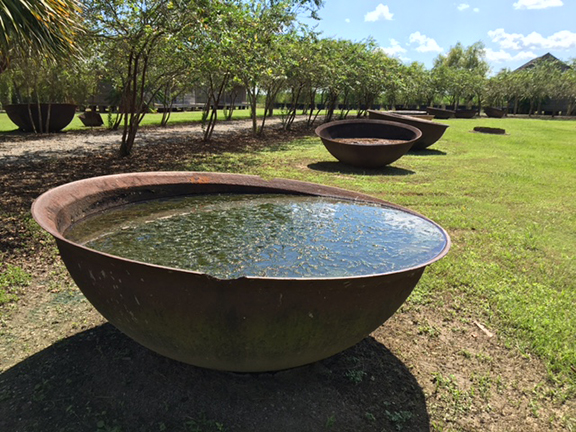
The plantation grounds is dotted with restored buildings, added over the years, that show the evolution of a working plantation. Visitors are invited to walk through the Slave Quarters, with cabins that housed slaves and their families. There are also a number very large cast iron caldrons that each give a glimpse of some of the work performed in the surrounding sugar cane fields.
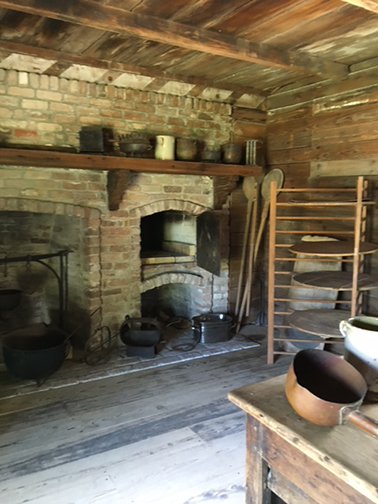
The detached kitchen is equipped with utensils and a fireplace, where meals were prepared. The kitchen is said to have been the most important building on the plantation, with the cook having the most important job. After all, the lives of everyone living on the plantation were in her hands. The Big House, of Spanish Creole architecture, has decorative wall paintings on interior and exterior walls, and is one of the first raised Creole cottages in Louisiana. There are windows and doors on opposite sides that, when opened, allow cool breezes and fresh air to enter the home.
In the center of the plantation, carved in granite, is The Wall of Honor. It is a memorial dedicated to the people who were enslaved on the plantation. There are names of men and women, all listed with places of origin, their ages, and the skills they performed.
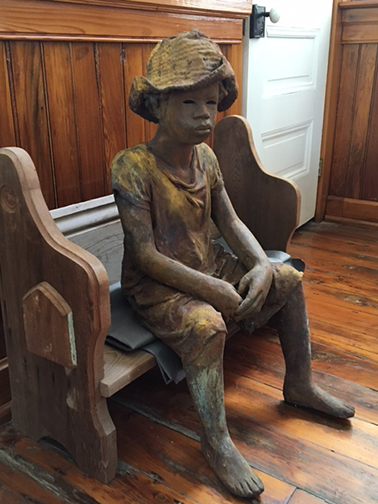
The Children of Whitney is 40 statues of slave children. Each one is unique, with different appearances and personalities. They are all haunting, because they each remind us that children were also born, sold, and lived with the hopelessness of slavery.
Whitney Plantation was built by African slaves and their descendants. Today, the Whitney Plantation Museum pays homage to those slaves, and to all others who were forced to live with the stain of slavery.
Everyone taking the tour of the plantation, will be transported back to the darkest days for people living in slavery. You will hear stories of beatings, rapes, tortures, and of children being sold away from their families. You will also hear the stories of bravery. Stories of the bravery of those willing to take a chance of running away. In many ways the topic of slavery is not pleasant and is unwelcome, but it is only through conversations and plantations like Whitney, that we can know what slaves suffered and be determined to never let it happen again.
Main Image – Whitney Plantation Big House
Whitney Plantation
5099 Hwy 18
Wallace, Louisiana 70049
(225)265-3300
www.WHITNEYPLANTATION.com
Readers Also Liked:
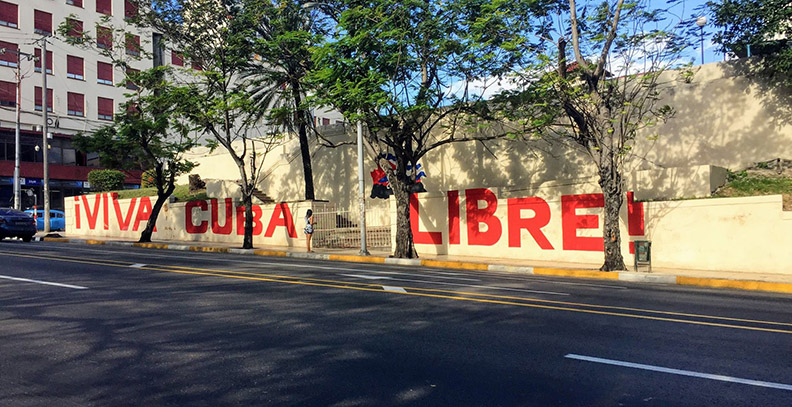 Tips On Traveling To Cuba: Getting Your Cuban Tourist Visa
Tips On Traveling To Cuba: Getting Your Cuban Tourist Visa
Introducing Riviera Nayarit – A Luxurious Mexican Vacation
Stax Museum Is The Only Museum Dedicated To American Soul Music

